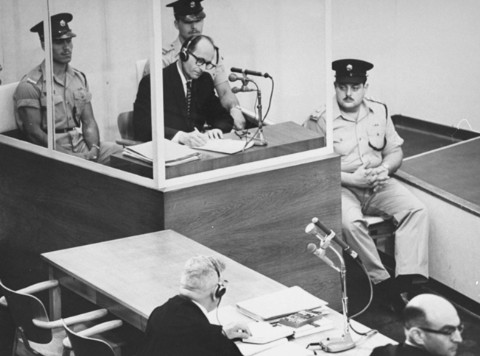
On May 28, US president Donald Trump signed an executive order on “Preventing Online Censorship.” From the title and the document respectively we can draw to two lessons.
First: Never, ever, ever believe the title of a government document. The internal texts of congressional bills and resolutions, as well as executive branch orders, “findings,” intelligence “estimates,” etc. seldom have much, if anything, to do with their titles.
“A Bill to Protect Cats, and for Other Purposes” may or may not even mention cats outside of its opening justification paragraphs before it mutates into a swamp of of corporate welfare handouts, hidden tax increases, and Orwellian surveillance state provisions. An intelligence “estimate” or presidential “finding” that Saddam Hussein has weapons of mass destruction or that the Iranians are trying to build a nuclear weapon … well, you get how that stuff works, right?
Second: Never, ever, ever mention — at least in public — that Donald Trump is a liar. The purpose of the executive order is not to “prevent online censorship.” It’s to punish Twitter for “fact-checking” two of his tweets about voting by mail.
“Trump,” the “fact-check” title notes, “makes unsubstantiated claims that mail-in ballots will lead to voter fraud.” That’s an incredibly polite way of saying that Trump tells new stories so wildly incompatible with his previous tales that “Trump’s lying again” is the only plausible way to interpret them.
Until a few weeks ago, Trump and his party defended mail contact with voters as the only way to PREVENT voter fraud. Now Trump says “There is NO WAY (ZERO!) that Mail-In Ballots will be anything less than substantially fraudulent.”
Stripped of its empty self-congratulation and whiny victim-playing, Trump’s executive order is about the opposite of protecting free speech. It’s about “clarifying” — that is, neutering — Section 230 of the Communications Decency Act of 1996.
Section 230 protects online platforms from liability for material created by others: “No provider or user of an interactive computer service shall be treated as the publisher or speaker of any information provided by another information content provider.”
Section 230, to put it as simply as possible, allows online platforms to operate without fear of being sued into bankruptcy for the actions of their users. If I libel you on Twitter or Facebook, you can sue me, but if you try to sue them you’ll lose. They’re not responsible for what I write.
Section 230’s protections aren’t dependent on a platform “purport[ing] to provide users a forum for free and open speech,” or on that platform being truthful if it does make such a claim, as the executive order implies. Platforms are free to set their own content policies, to ban users who violate those policies, and to notice and publicly mention that a user is a pathological liar who’s lying yet again, even if that user just happens to be the president of the United States.
If it withstood court challenges (it wouldn’t), Trump’s order would use the rule-making and spending power of the federal bureaucracy to punish, not protect, free speech.
Thomas L. Knapp (Twitter: @thomaslknapp) is director and senior news analyst at the William Lloyd Garrison Center for Libertarian Advocacy Journalism (thegarrisoncenter.org). He lives and works in north central Florida.
PUBLICATION/CITATION HISTORY


